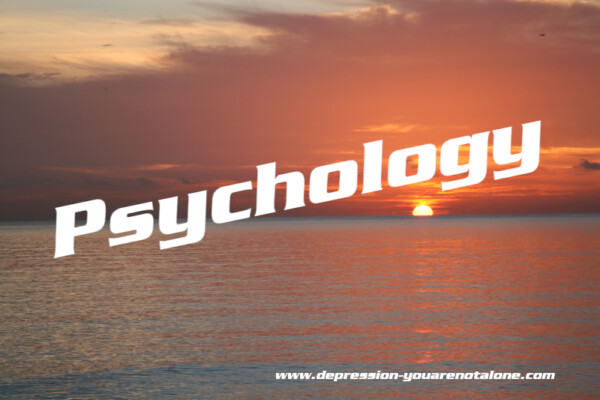Stages of Depression
By Editorial Team
Mild Depression: Also known as dysthymia, this stage of depression is characterized by mild but persistent feelings of sadness, hopelessness, and low self-worth. Symptoms may include changes in appetite and sleep, fatigue, and difficulty concentrating.
- Moderate Depression: This stage of depression is characterized by more severe symptoms than mild depression, such as marked changes in appetite and sleep, feelings of hopelessness and helplessness, lack of energy, and difficulty concentrating. These symptoms can make it difficult to carry out daily activities and may lead to social isolation.
- Severe Depression: This stage of depression is characterized by severe symptoms, such as persistent feelings of worthlessness and hopelessness, severe changes in appetite and sleep, lack of energy, and difficulty concentrating. These symptoms can make it difficult to carry out daily activities, and may lead to social isolation, and thoughts of suicide.
- Atypical Depression: This stage of depression is characterized by symptoms that do not fit the typical pattern of depression, such as increased appetite and weight gain, excessive sleep, and a strong reaction to rejection or criticism.
- Melancholic Depression: This stage of depression is characterized by a loss of pleasure in most or all activities, a lack of response to usually pleasurable stimuli, a noticeable lack of energy, a change in appetite, and excessive or inappropriate guilt. Melancholic depression is considered a subtype of major depressive disorder (MDD).
- Psychotic depression: This stage of depression is characterized by severe depression accompanied by some form of psychosis, such as hallucinations or delusions, which can include delusions of guilt, worthlessness or even delusional beliefs of having committed a crime.
- Postpartum Depression: This stage of depression occurs in women after the birth of a child. Symptoms include feelings of sadness, hopelessness, and anxiety, as well as physical symptoms such as changes in appetite and sleep.
It’s important to note that depression can manifest differently in different people, and can also vary over time. It is essential to consult with a mental health professional for an accurate diagnosis and treatment plan.
Nothing herein is intended to diagnose, treat or cure any disease. Please do your research and seek professional advice before using any information.
AI

